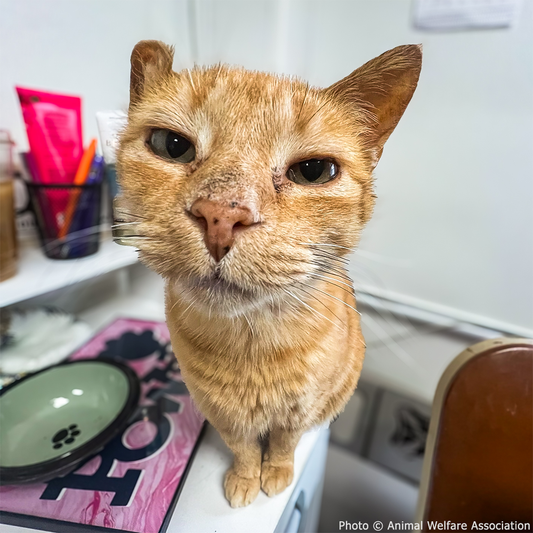Nearly One in Five Breast Cancer Survivors Experiences Excess Weight Gain, Study Shows
Michelle Milliken
Pixabay / Joachim Schnurle
Breast cancer treatment can change a patient’s body in many ways, some of them long lasting, and a new study finds that putting on some extra pounds is among the more common changes.
Research recently presented at ENDO 2024, the Endocrine Society’s annual meeting, found that nearly 20% of breast cancer survivors gain more than 10% of their body weight following diagnosis. This is concerning, as being overweight is already a risk factor for the disease, along with a risk factor for other conditions.

Dr. Maria Daniela Hurtado Andrade, lead researcher from the Mayo Clinic, explains, “Weight gain after breast cancer diagnosis and treatment is a common concern among survivors and poses a risk factor for breast cancer recurrence. In addition to increasing the risk of breast cancer recurrence, weight gain increases the risk of cardiovascular disease. In breast cancer survivors, cardiovascular disease is the leading cause of death after breast cancer itself.”
To investigate weight gain in survivors, the researchers looked at health data from more than 4,700 breast cancer survivors in the years following their diagnosis. Within six years, the average weight gain was only two pounds. However, 18% of those studied had a more than 10% weight gain.
There were certain factors that made this more likely. Those included patients who had been at a lower weight, younger, or diagnosed at a more advanced stage. Hormone-positive breast cancer, BRCA2 mutations, more aggressive surgery, chemo, and hormone therapy were also linked with weight gain.

This lines up with other research, which has shown that hormone therapy, common in hormone-positive cancers, can impact a patient’s metabolism. In addition to hormonal changes, though, a decrease in physical activity or eating comfort foods can lead to weight gain, as can a steroid prescription.
The goal of this current research was to see who may be at a higher risk of weight gain so health care providers can be prepared to help.
Dr. Hurtado Andrade says, “The variables we found to be associated with excess weight gain could be used as predictors of weight gain in this population. Identifying these patients early in the survivorship course will allow us to institute measures to prevent excess weight gain, thereby improving breast cancer and cardiovascular disease outcomes. Our overarching goal is to promote a healthy longevity in breast cancer survivors.”

If you’ve experienced weight gain following breast cancer treatment, there are a few things you can do that may help. First off would be speaking to your doctor and a nutritionist to ensure you’re getting the nutrients you need if you try to lose weight. You can also focus on plant-based and whole foods, shoot for 150 minutes a week of moderate intensity exercise that you enjoy, and get at least two days of strength training in each week.
Michelle has a journalism degree and has spent more than seven years working in broadcast news. She's also been known to write some silly stuff for humor websites. When she's not writing, she's probably getting lost in nature, with a fully-stocked backpack, of course.




















